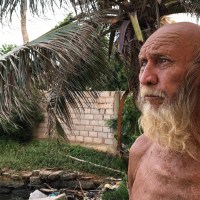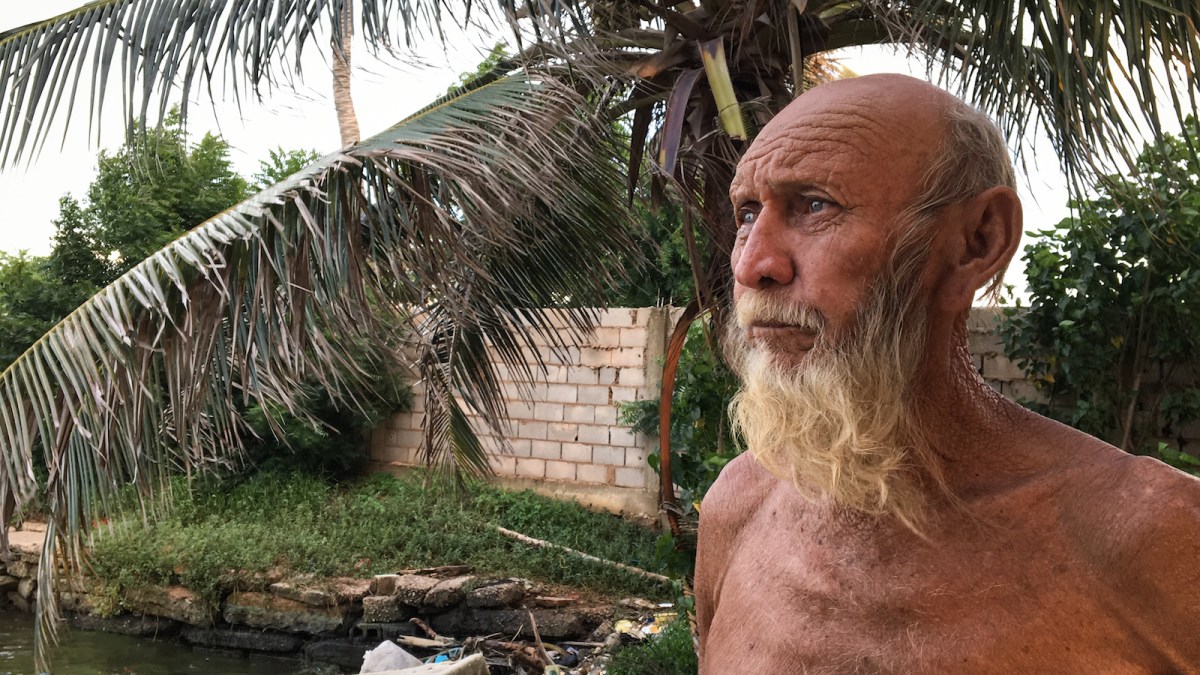Venezuela is stunning. Home to breathtaking landscapes—expansive lakes, towering mountains, the world’s tallest waterfall, sun-drenched beaches, and waters every shade of heavenly blue—it has all the trappings of a paradise. But Venezuela is currently home to one of the world’s most devastating crises.
Three out of four people here don’t get enough to eat. Most of the country lives below the poverty line, and millions have fled Venezuela to try and give their families a shot at escaping crushing hardship.
There is no food. No clean water in some cities. No medicine, no fuel, and no power. This is the reality of life in Venezuela, a country with the world’s largest known oil reserves.
So what went wrong? How did the richest country in South America become the most impoverished?
An Oil-Fueled Transformation
Into the early twentieth century, Venezuela was a poor, mostly agricultural country.
Then in 1922, vast underground reservoirs of “black gold” were found, and the country’s fortunes changed in the blink of an eye. Within a decade, oil was powering most of the economy. By 1935, Venezuela was the world’s leading oil exporter, and it was importing basic food items instead of producing them.
Oil was the proverbial basket that Venezuela put all its eggs into.
But like a heartbreaking number of countries blessed with valuable mineral wealth—fossil fuels, gold, diamonds, and other sought-after riches—what seemed like a blessing soon turned into a curse.
The US Comes Knocking
As oil poured out of Venezuelan pumps, US oil companies sought—and won—generous concessions from the Venezuelan government. By the 1930s, three foreign companies, including two from the US, controlled almost all of Venezuela’s oil production. Oil also brought Venezuela closer to the US politically, economically, and culturally.
As the effects of the Cuban Revolution rippled through South and Central America in the mid-twentieth century, Venezuela came to be seen by the US as a democratic, liberal oasis.
Cracks Emerge
The relationship between Venezuela and the US began to cool in the late 1990s when the left-wing nationalist Hugo Chavez was elected to power. He took the country in a different direction—one the US didn’t regard as friendly, including nationalizing the oil industry in order to reclaim profits from foreign companies.
Chavez was an immensely popular president, especially among the rural poor, who benefited enormously from the massive social programs he presided over—despite concerns about governance, fiscal management, and rising debt levels from unrestrained spending. His defiance of the US was widely supported by the local population.
From One Crisis to the Next
In 2010, Venezuela’s fortunes changed again. Poverty, inflation, and chronic shortages set in, leaving a growing number of Venezuelans without basic necessities like food, medicine, electricity, and fuel. Then came sanctions, starting under President Obama in 2015, intended to force a change in government. The US and its allies imposed even farther-reaching sanctions in 2017 under President Trump, and two years later declared an embargo.
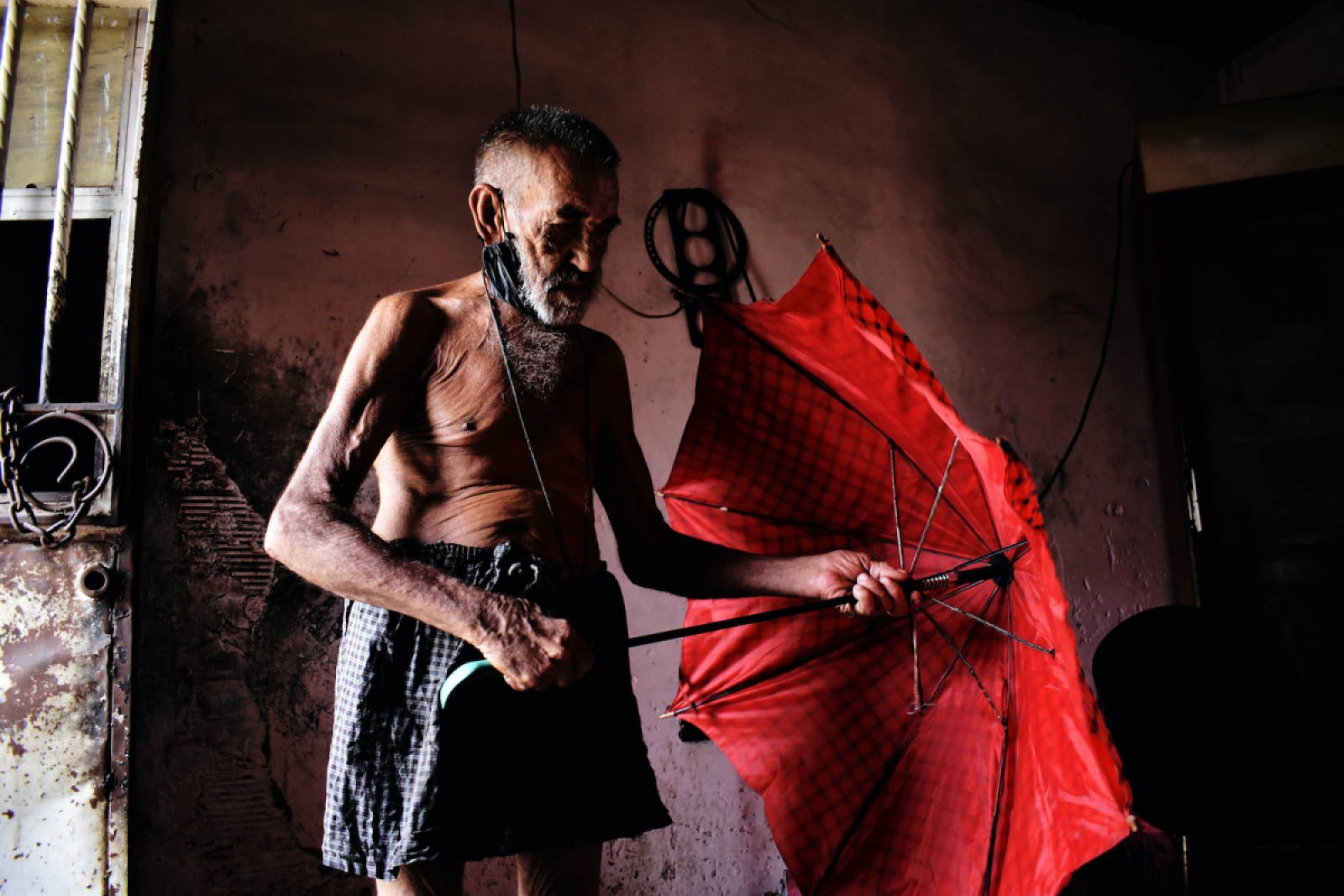
Sanctions did not cause Venezuela’s collapse. But they made it even harder for the country to dig its way out. Today, the ones who suffer most are families who go hungry, day after day.
The embargo unleashed a further catastrophe. Other nations who trade with Venezuela run the risk of being likewise sanctioned by the US. Vital imports of food and medicine have fallen sharply. Not that most people can afford them, since hyperinflation set in, starting in 2016.
The Situation Today
Venezuelans are facing not just one crisis, but several interlocking crises, all at once:
Hyperinflation & hunger
The cost of goods in Venezuela is rising at an astronomical rate, putting life’s essentials out of reach for most families.
Last year, a dozen eggs cost about $10—expensive, even for a typical US family. In Venezuela, though, the average wage was just 72 cents a day at the time.
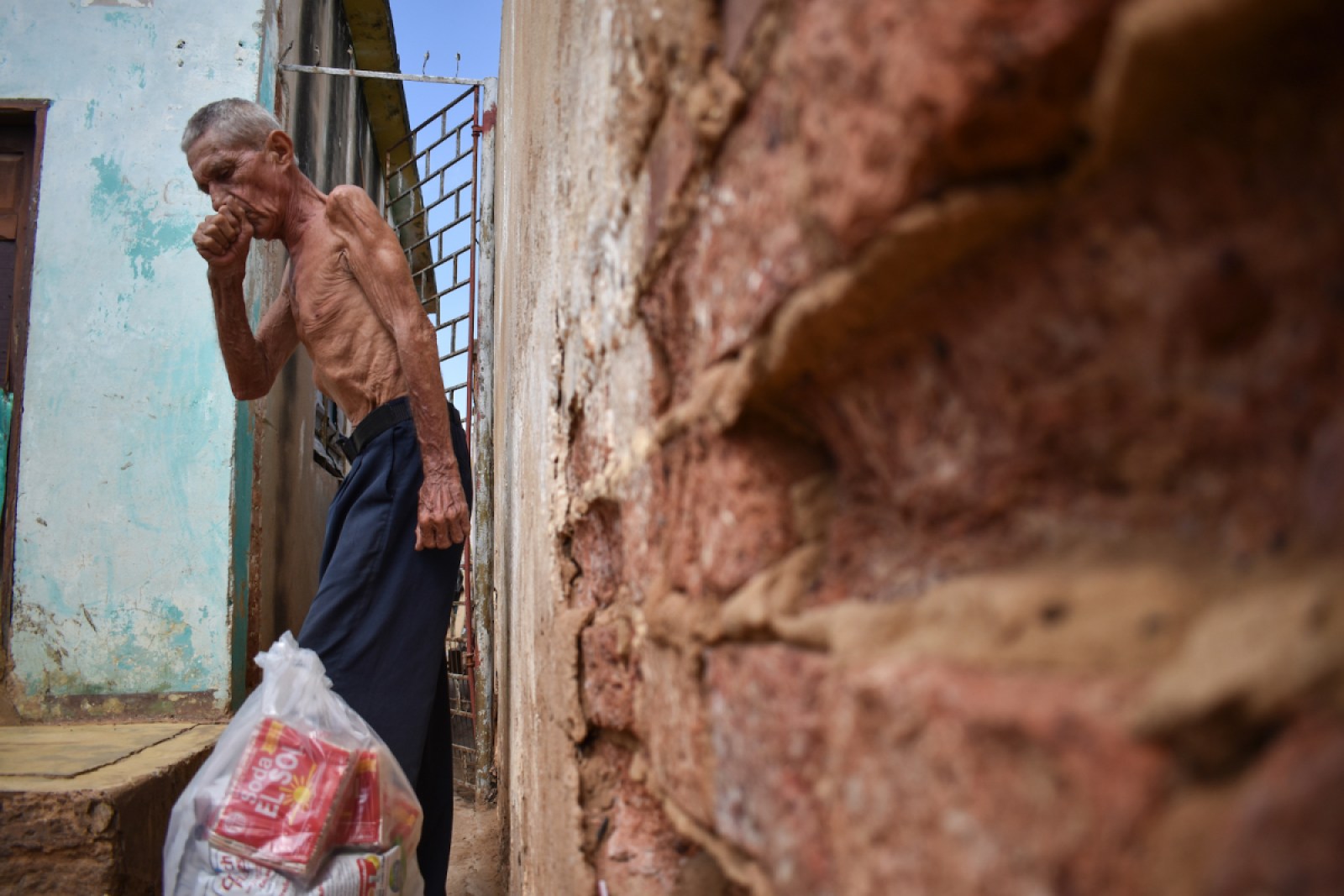
The scale of hunger in Venezuela is simply staggering. Three out of four families go hungry because they literally cannot afford to eat. When expanded sanctions were imposed in 2017, one study found that 75 percent of the population had lost an average 19 pounds (8.7 kg) per person. Close to one in five children under 5 years old suffer malnutrition, and increasing numbers are dying of hunger.
Water
Six times as many babies die from diarrhea than did over a decade ago. Most of the country, 86 percent, doesn’t have reliable water.
In some parts of the country, including where we work, water comes just once a month through the taps. Families have to fill any container they have before the flow is cut off. Everyone is thirsty.
Healthcare
Venezuela’s healthcare system has collapsed. Sanctions make medicine hard to come by. The hospitals still operating do so at a fraction of their former capacity, and many without reliable power or water.
COVID-19 has become yet another in a line of infectious diseases like measles, tuberculosis, and diphtheria that are on the rise due to failing nutrition and a lack of medical care.
Fuel and electricity shortages
Long periods of blackout—leaving large swathes of the country in the dark, without phone and data services—have become increasingly common the last few years, as Venezuela’s infrastructure fails.
Oil production is shuddering to a halt as the US embargo stifles demand for Venezuelan oil. People queue for hours, if not days, to find fuel for their vehicles. The price of fuel drives the price of everything else up—transportation, food, water.
An exodus of Venezuelans
Poverty and hunger are causing a huge increase in crime and social unrest. They have also triggered a massive migration out of Venezuela, as people flee violence and economic collapse.
Nearly a quarter of the entire population have fled, an unthinkable number for a country not at war. Many who left did so to find work, so they could send money back to loved ones. Yet with the COVID-19 pandemic, jobs are disappearing and businesses closing. More than half of remittances coming into Venezuela have stopped. For millions of households, a final lifeline has been cut off.
What Can We Do?
The scale of poverty affecting ordinary Venezuelans can seem insurmountable.
But “too difficult” is not in your vocabulary.
Our friends in Venezuela know what they need most. They need food for their tables and pantries, so they don’t have to worry about the next meal. They need medicine and healthcare, so they don’t have to buy it on the black market or, worse, go completely without.
Last year alone, this community of peacemakers distributed enough food packs to provide 187,500 meals for hungry families.
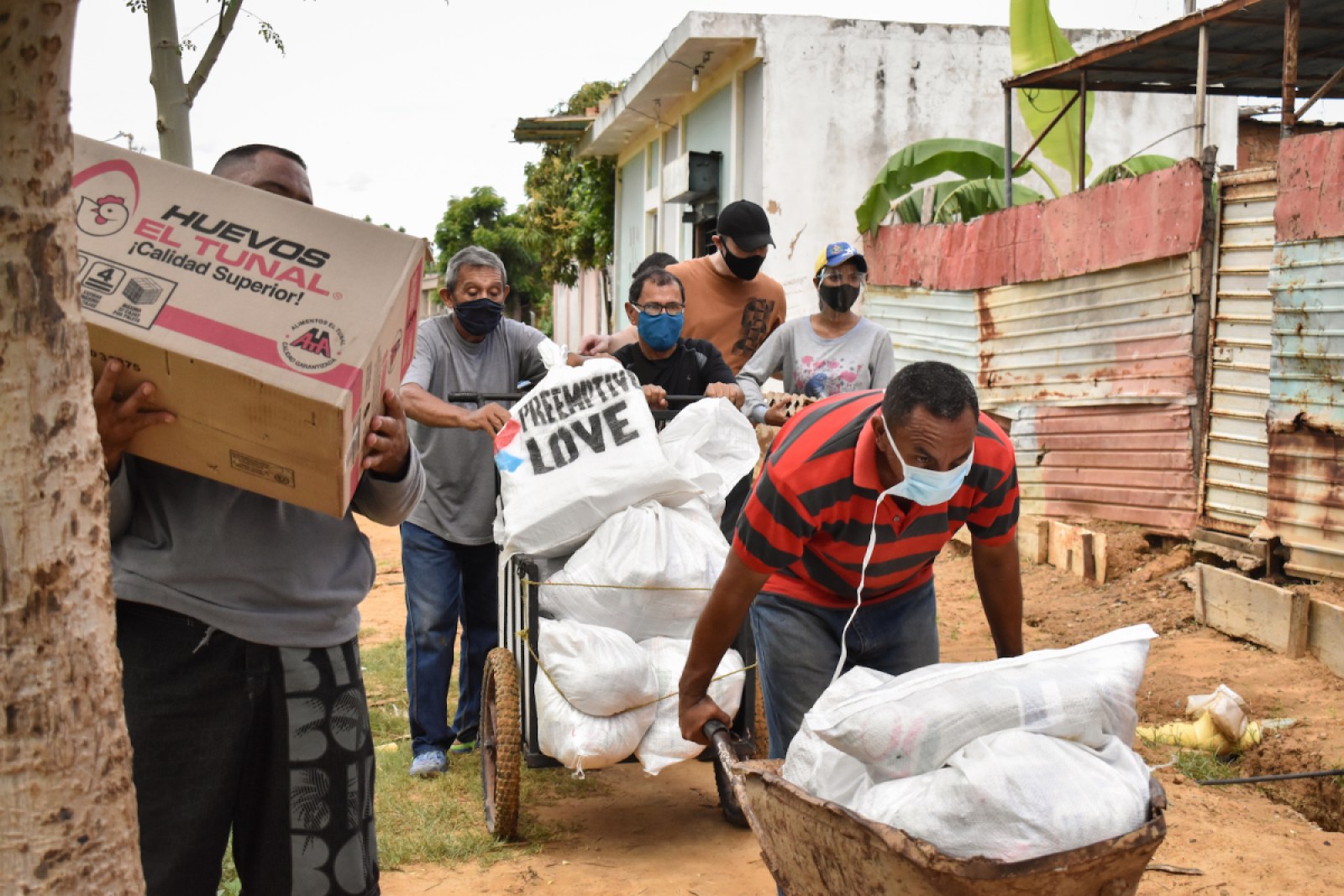
Because fuel is so scarce in Venezuela, much of the distribution was done on foot. Our teams carried packs on their backs. They used wheelbarrows and pushcarts to walk food to families. They delivered food at considerable risk—dodging gangs, working around curfews, and more.
And we are still going.
Meanwhile, over the border in Colombia, we ensured that 6,966 Venezuelan migrants got safe, socially-distanced medical care that most could not afford.
More recently, we’ve provided survival packs with diapers, wipes, mosquito repellant, and other essentials for parents and kids who risk a dangerous border crossing in search of safety.
And we are still going.
The people of Venezuela need much, much more—as shifting political, economic, and social circumstances make uncertainty the only certainty.
You can ensure the most marginalized communities have access to the basics: food, water, and healthcare. You can continue to press in—you can keep us on the ground in Venezuela, standing alongside our friends, working so their communities will rise again.
Join our community of peacemakers—give monthly.
Editor’s Note: This is an abridged version of an article that appeared in the spring/summer issue of the Preemptive Love Journal.

